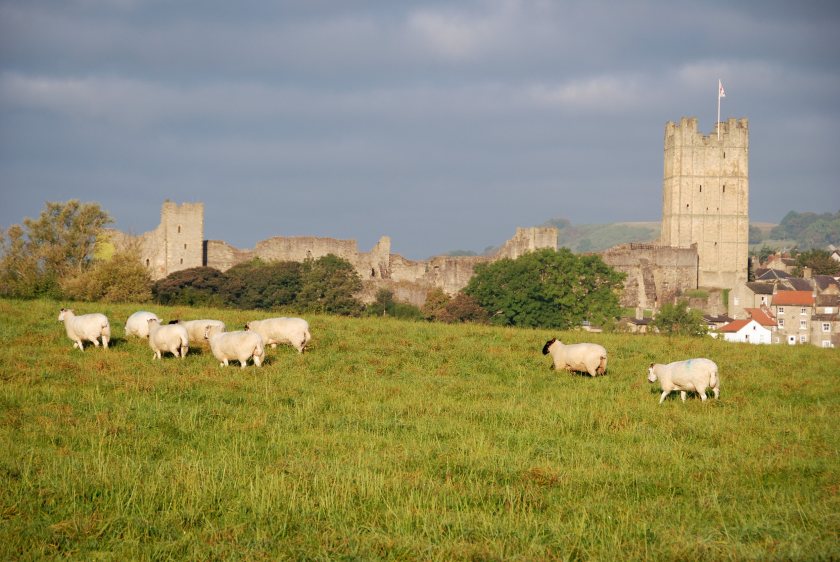
Government neglect of the rural economy has created a 'cost-of-living rural premium', a new report by a cross-party group of MPs warns.
The All Party Parliamentary Group (APPG) for Rural Business explored the cost-of-living crisis in the countryside and investigated the extent of the 'rural premium'.
Evidence from more than 25 industry bodies revealed that rural communities spend 10-20% more on everyday items like fuel, despite wages being 7.5% lower than their urban counterparts.
The report warns that inadequate power infrastructure in rural areas leaves 76% of houses off the energy grid, which until recently left them at the mercy of uncapped fuel prices with little government support.
Energy bills are also threatening the social fabric of rural communities, MPs warned, with 14% of village halls facing closure due to heating costs alone in the next six months.
Evidence found that village hubs have helped keep people warm during the cost-of-living crisis, and provided easy access to vulnerable people.
But the government’s failure to increase affordable housing and reform planning laws has rendered rural communities more vulnerable to rising housing costs.
The Citizens Advice Rural Issues Group saw requests for help with housing costs double, whilst urban figures remained unchanged.
Poor connectivity has also hindered rural businesses from rebounding during the crisis, the APPG report explains.
In the face of decreased footfall, and with only 46% of businesses receiving serviceable 4G coverage, MPs highlighted how rural businesses have been unable to access new customers or support groups online.
The report outlines a series of recommendations to slash the rural premium, including an economic blueprint to support countryside businesses.
It also calls for an ambitious housing plan to boost the supply of affordable housing, funding for warm community centres to prevent closures of village halls, and an extension of the Rural Fuel Duty Relief scheme.
Mark Tufnell, president of the Country Land and Business Association (CLA), said the depth of hardship seen across the countryside could have been mitigated.
"Successive governments have turned a blind eye to the vulnerability of the rural economy - while outdated policies have damaged the financial resilience of individuals, families and businesses.
"We desperately need a robust and ambitious plan for the rural economy; not only to protect these communities from economic shocks, but to unlock their enormous potential.
"Unless we stop treating the countryside like an afterthought, people will continue to suffer, and so will our economy."
The new report builds on the work of last year’s APPG inquiry into rural productivity which found connectivity issues and unaffordable housing.
It found that a lack of government direction contributed to a 19% productivity gap between the rural economy and national average.
Co-chair of the inquiry, York Outer MP Julian Sturdy, said the latest report showed 'without question' that those living and working in rural areas had been "left at a serious disadvantage".
He said: "Government needs to now show it is ambitious for the rural economy, and work across departments to develop a serious set of policies that will grow the economy."
